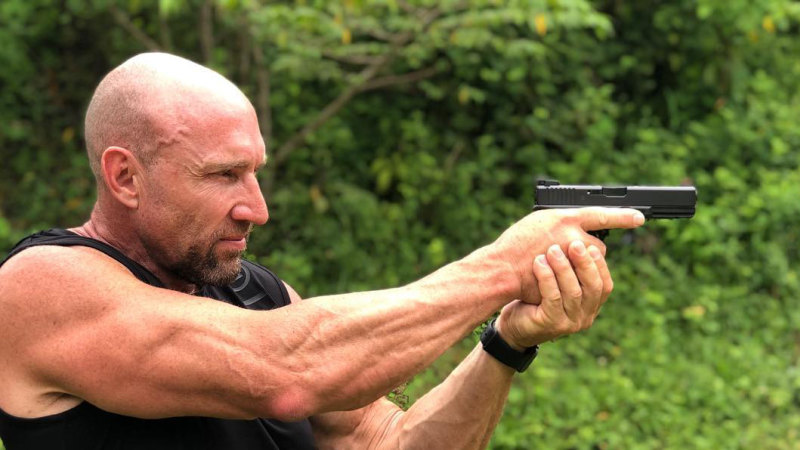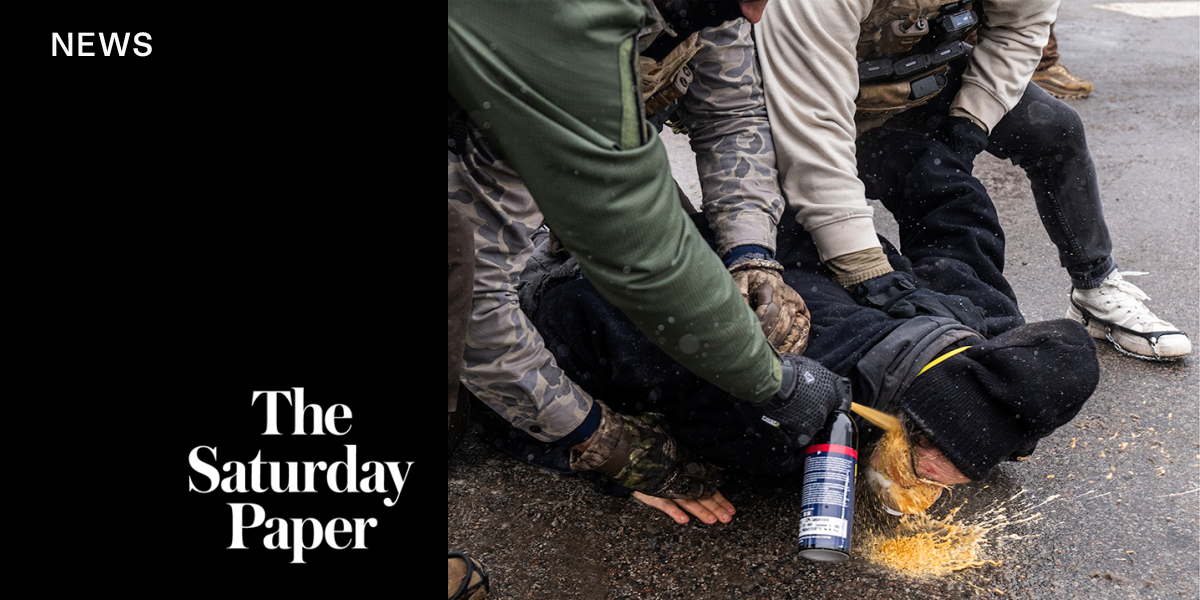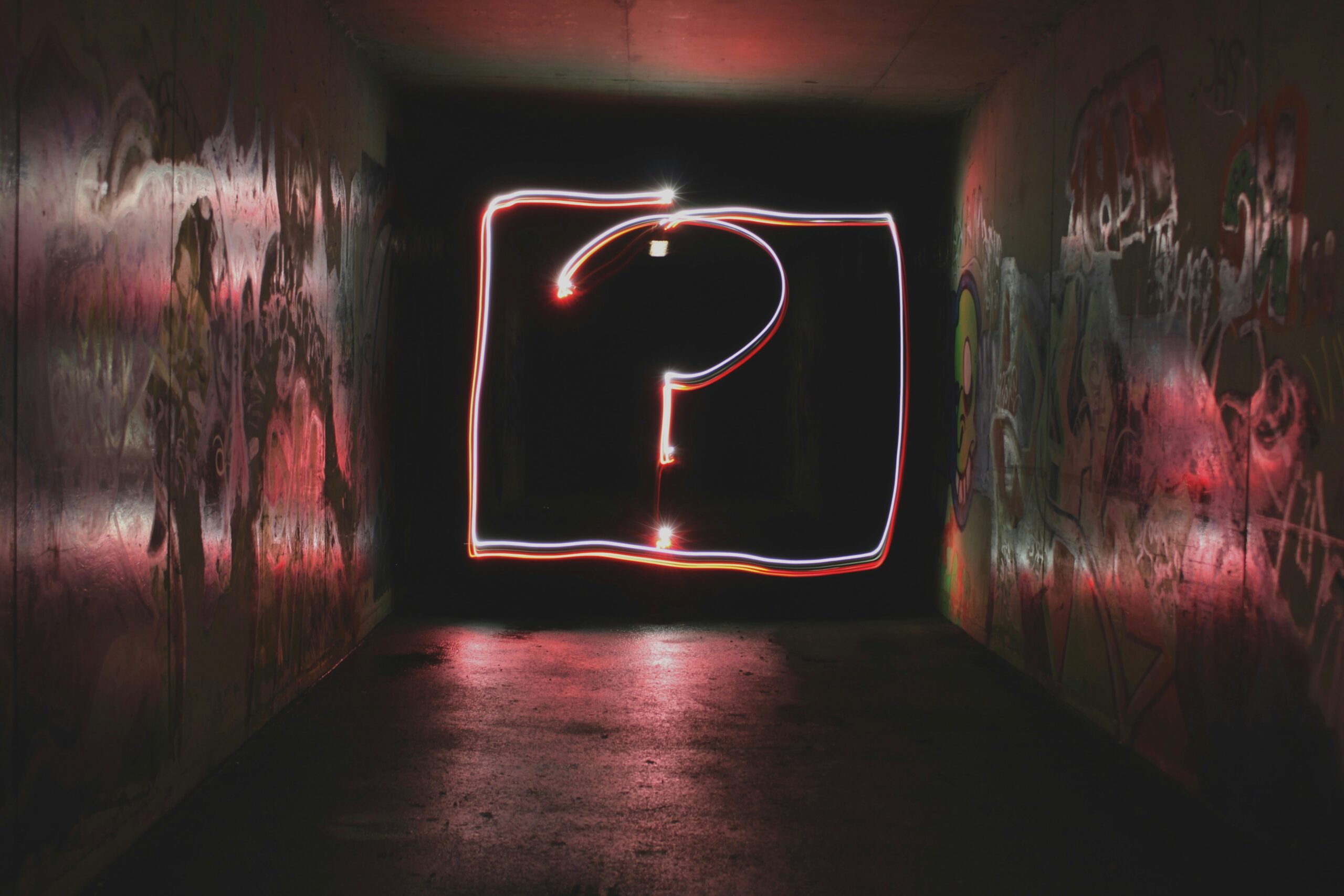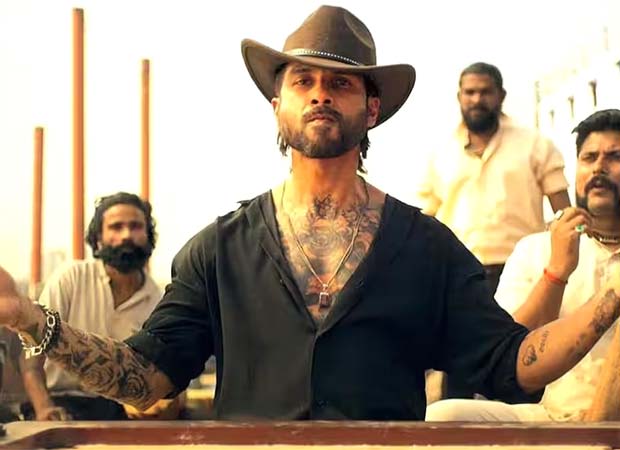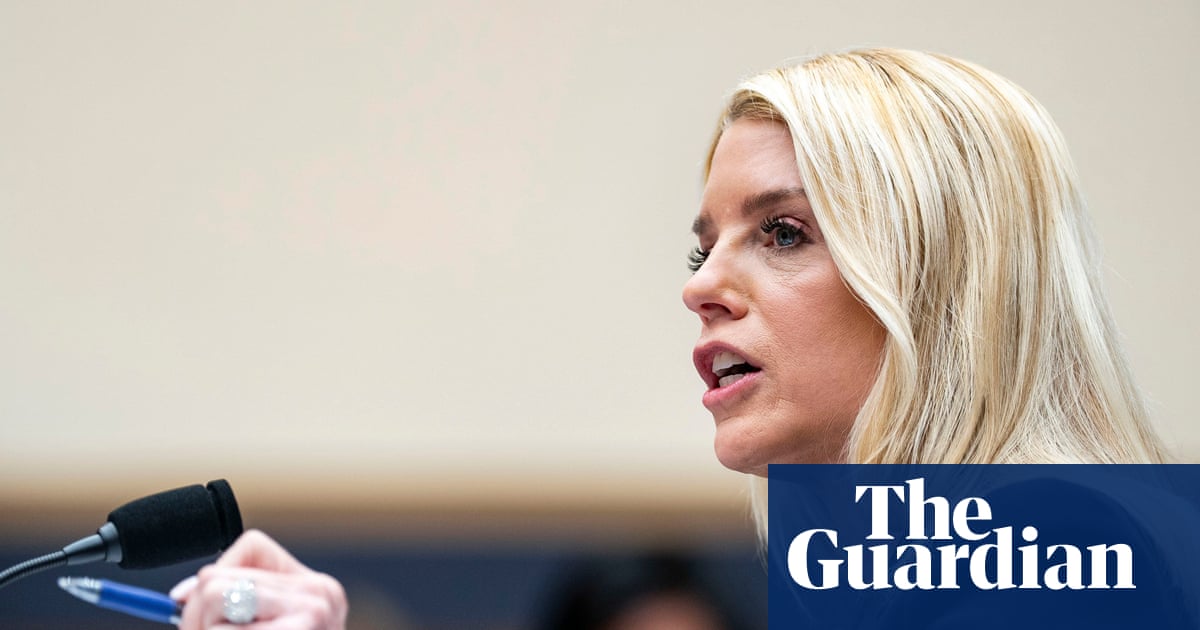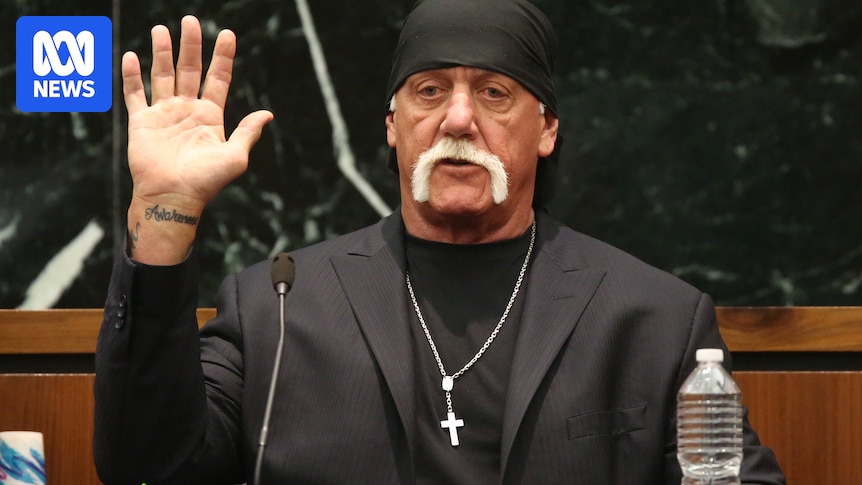
While Hulk Hogan may be best remembered as a legendary pro wrestler, his most significant victory occurred not in the ring but in a Florida courtroom. In 2016, a civil trial over Gawker Media’s publication of Hogan’s sex tape set the stage for a legal battle between the First Amendment’s freedom of speech and the privacy rights of celebrities. The jury awarded Hogan a staggering $212 million, though the case was later settled for $47 million. This trial not only led to the downfall of Gawker but also ensured Hogan’s lasting impact on media law. Hogan, who passed away on Thursday at age 71, leaves behind a complex legacy that intersects with the evolving landscape of media and privacy rights.
The trial’s outcome has had far-reaching implications, ironically paving the way for Donald Trump’s legal actions against media outlets accused of spreading “fake news.” This development highlights the ongoing tension between public figures and the press, a dynamic that Hogan’s case brought into sharp focus.
The Trial That Captured National Attention
Hogan, born Terry Bollea, initiated the lawsuit against Gawker in response to the website’s 2012 publication of an edited video depicting him engaged in a sexual act with his best friend’s wife. The video, recorded with the consent of Hogan’s friend, DJ Bubba The Love Sponge Clem, was leaked to Gawker without Hogan’s knowledge. The former WWE champion testified about the profound humiliation he experienced when the tape became public.
The three-week trial, broadcast live online, captivated thousands of wrestling fans and the general public. It revealed intimate details about Hogan’s private life, including images of him in thong underwear, and scrutinized Gawker’s journalistic practices, which differed from traditional news outlets.
Impact on Media and Privacy Law
The jury ultimately dismissed Gawker’s defense that the sex tape was newsworthy and thus protected under the First Amendment. Samantha Barbas, a University of Iowa law professor specializing in press freedoms, noted that the case served as a warning to media outlets. It encouraged celebrities and public figures to pursue legal action against unfavorable news coverage more aggressively.
“I think the lasting effect of the Hulk Hogan case was, it really started this trend of libel and privacy lawsuits being weaponized to kind of take down these media organizations,” said Samantha Barbas.
Amy Gajda, a Brooklyn Law School professor who closely followed the case, observed that the trial increased public awareness of the potential to sue for the publication of deeply personal, offensive information. Despite this, she emphasized that news outlets still enjoy broad legal protection when reporting on public figures, provided there is news value in the published content.
“As long as there is news value in what is published and the media can argue that effectively, they can get a privacy case dismissed very early on,” noted Professor Gajda.
Legacy and Reflection
As the news of Hogan’s death spread, former President Donald Trump paid tribute to his “great friend,” highlighting Hogan’s cultural impact and his alignment with the MAGA movement. Trump’s comments underscore the complex interplay between celebrity, media, and politics that Hogan’s case exemplified.
“Hogan was MAGA all the way — Strong, tough, smart, but with the biggest heart,” Trump wrote on Truth Social. “He entertained fans from all over the World, and the cultural impact he had was massive.”
Hogan’s trial and its aftermath have left a lasting mark on the media landscape, influencing how privacy and free speech are balanced in the digital age. As public figures continue to navigate the challenges of media scrutiny, the precedent set by Hogan’s case remains a pivotal reference point in discussions about the rights of individuals versus the freedoms of the press.
